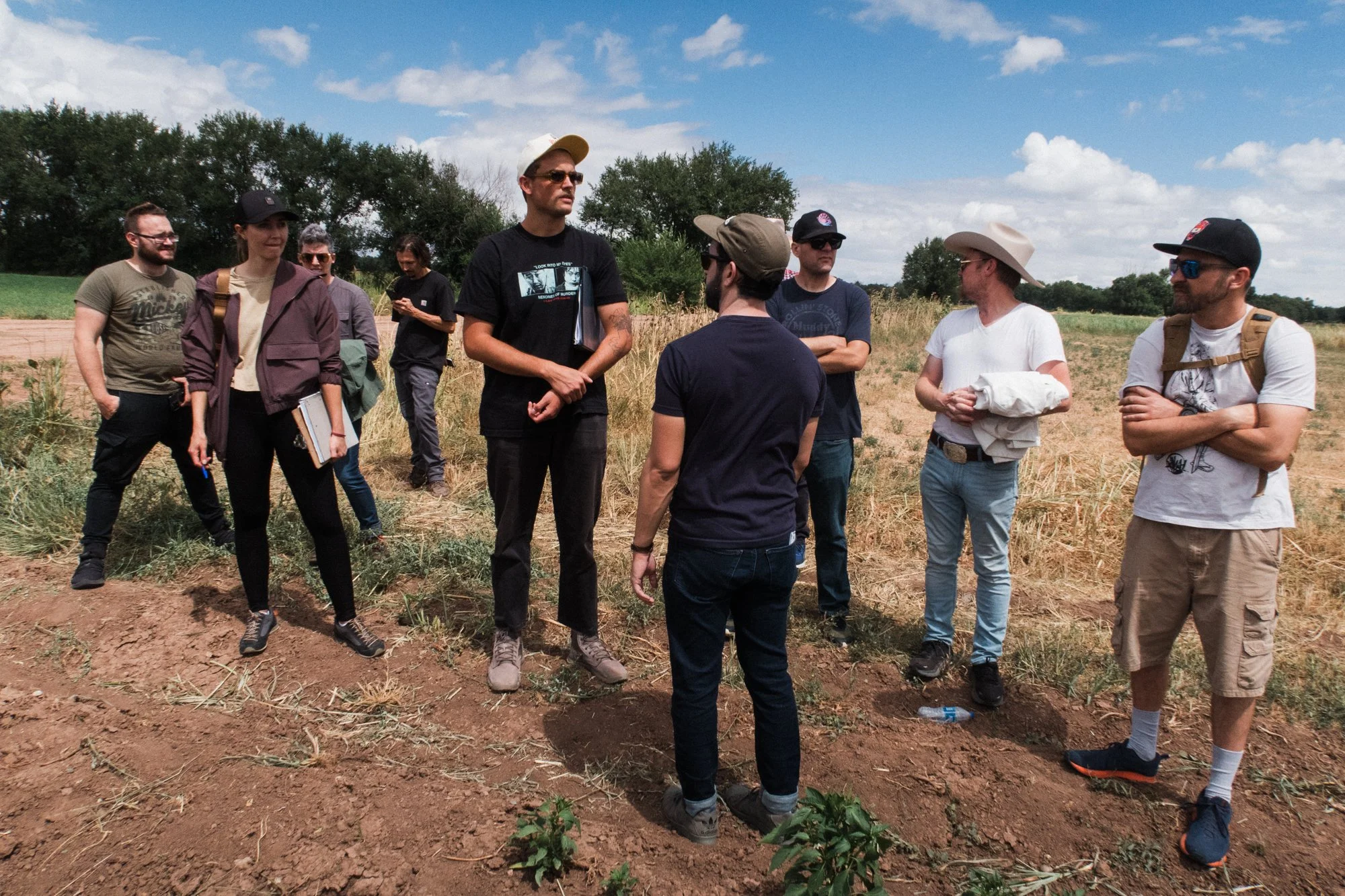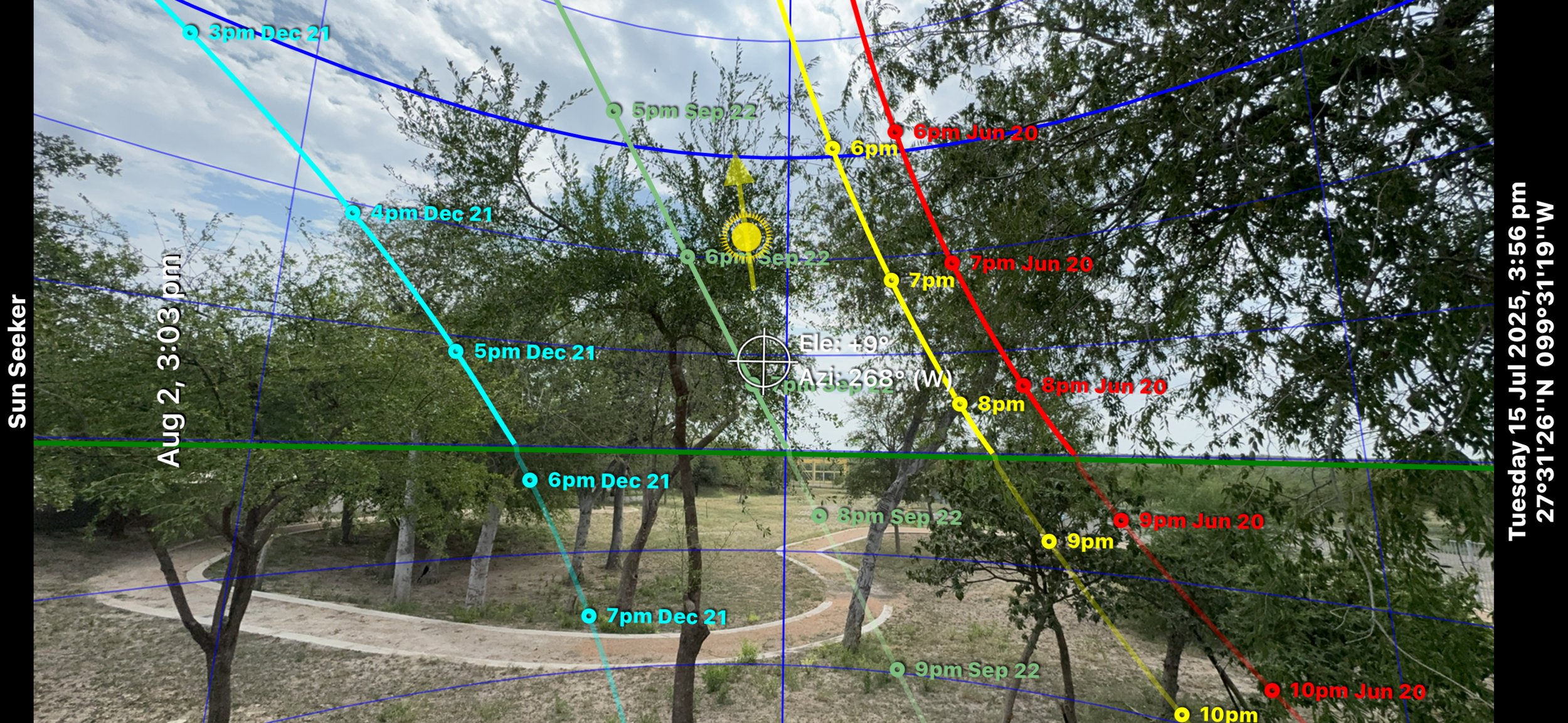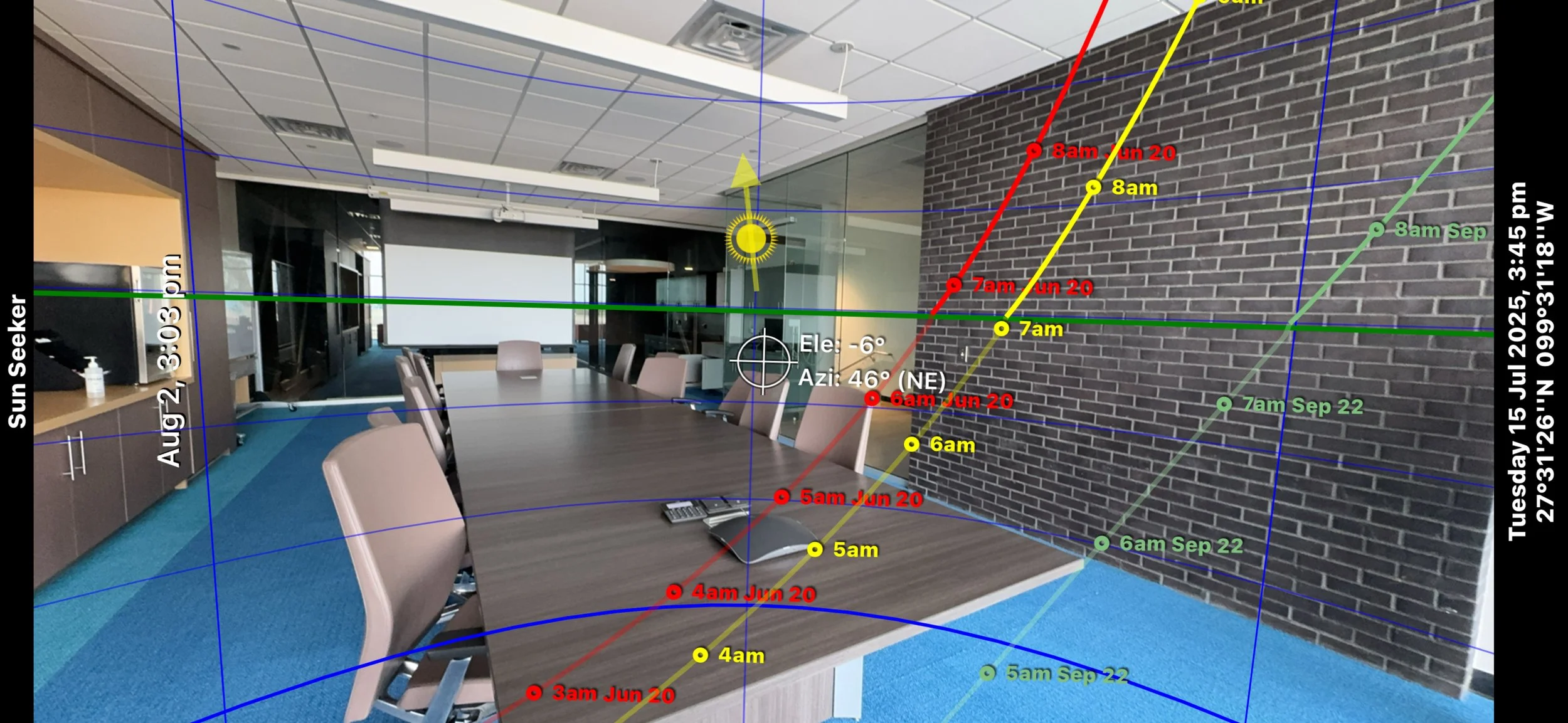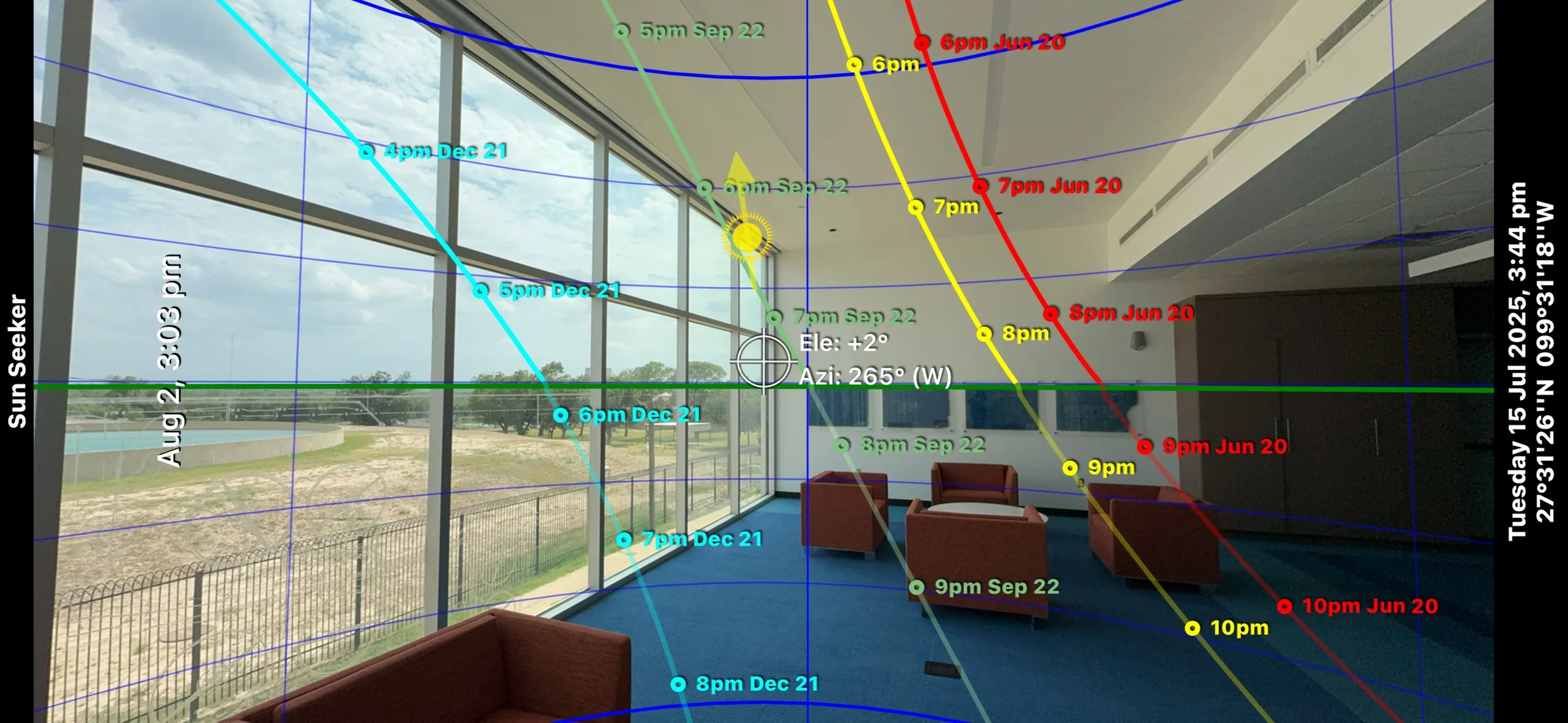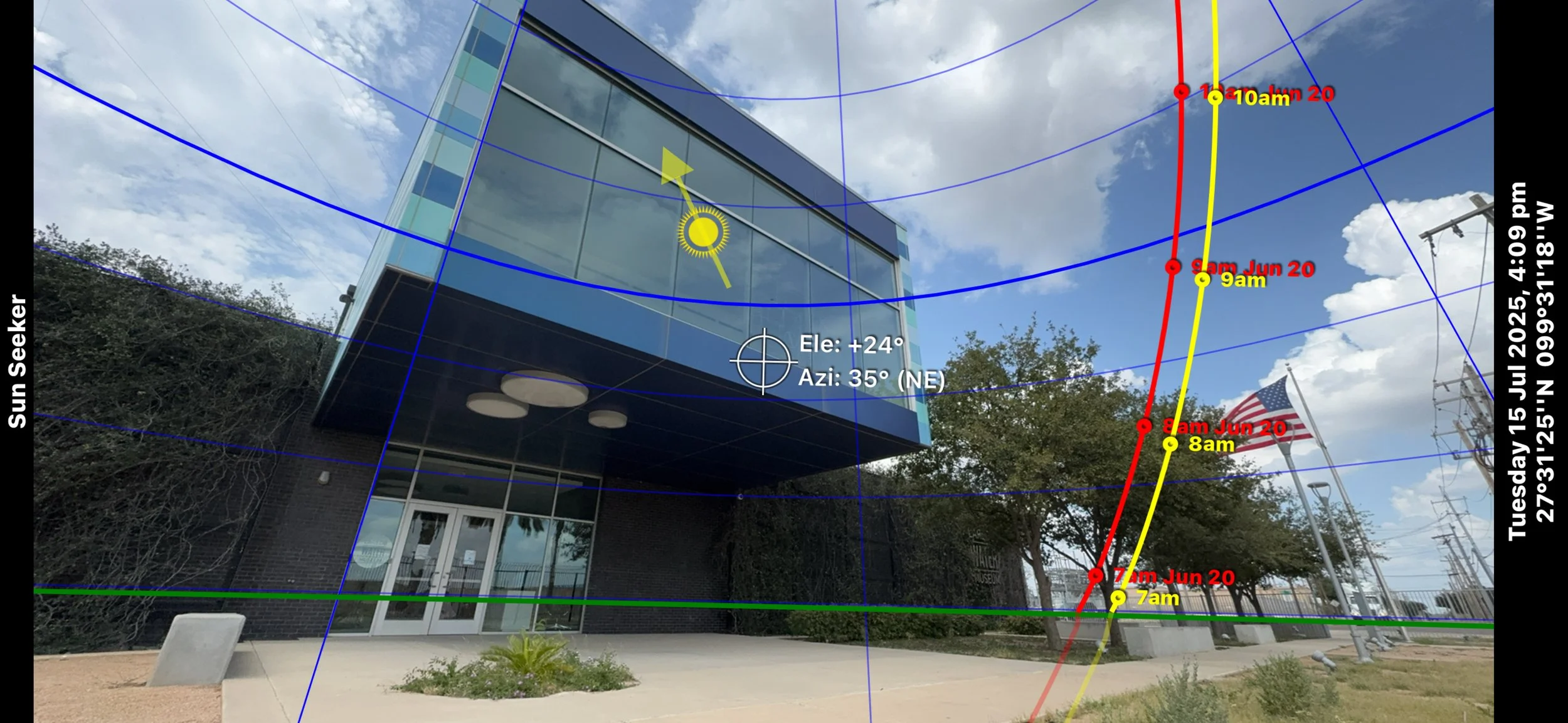Why Location Scouting Matters More Than You Think
Overview
No matter how big or small the project, If you have the opportunity to visit your location before the shoot—take it. Location scouting isn't just a nice-to-have step in the process—it's a foundational element of any professional shoot. It minimizes stress, optimizes logistics, and ensures that everyone on your team is set up for success.
In commercial photography, location is everything. Whether you're shooting a single product or a full-scale advertising campaign, scouting your location ahead of time can be the difference between a smooth, successful shoot and a chaotic, unproductive one.
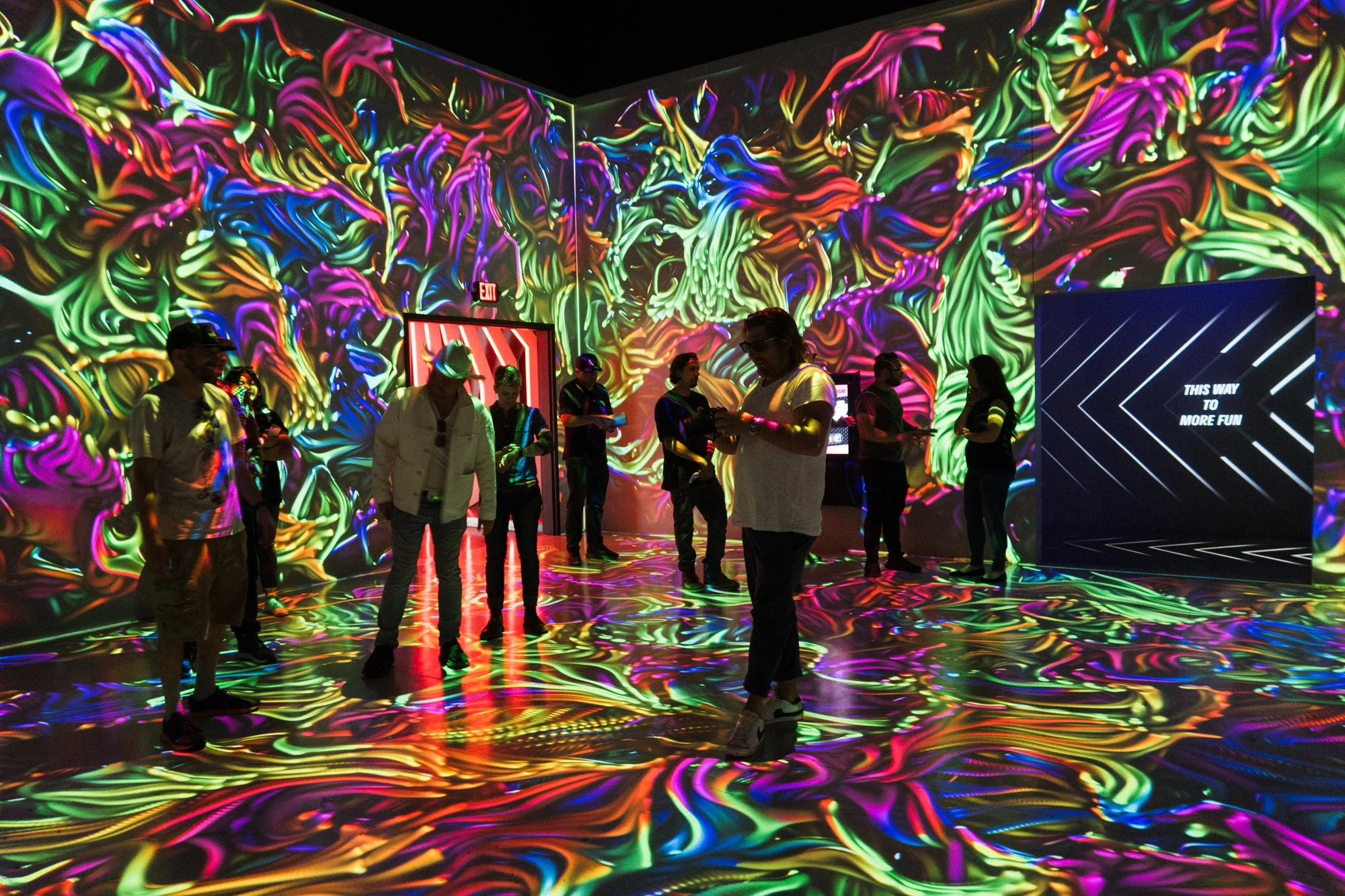
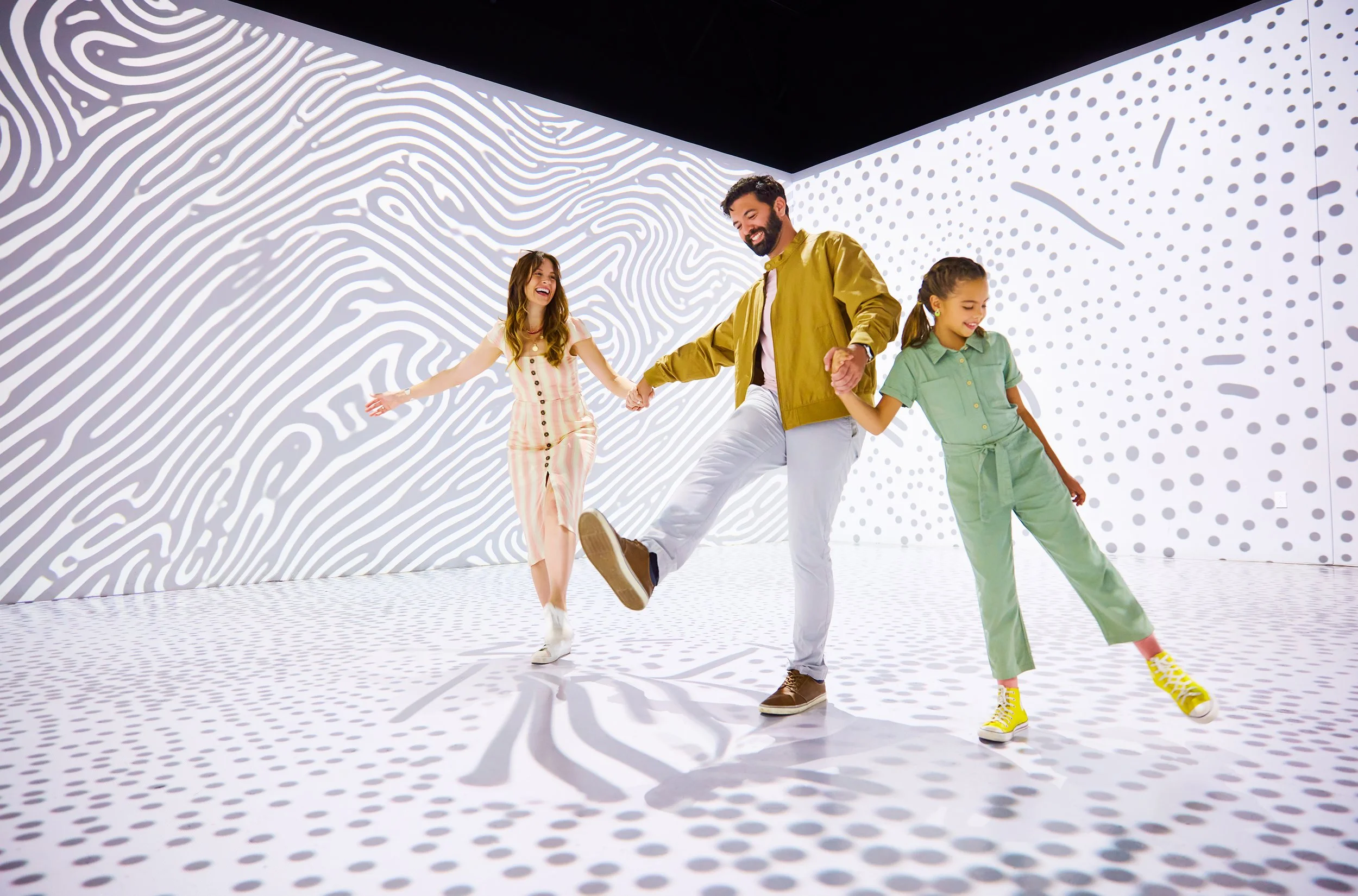
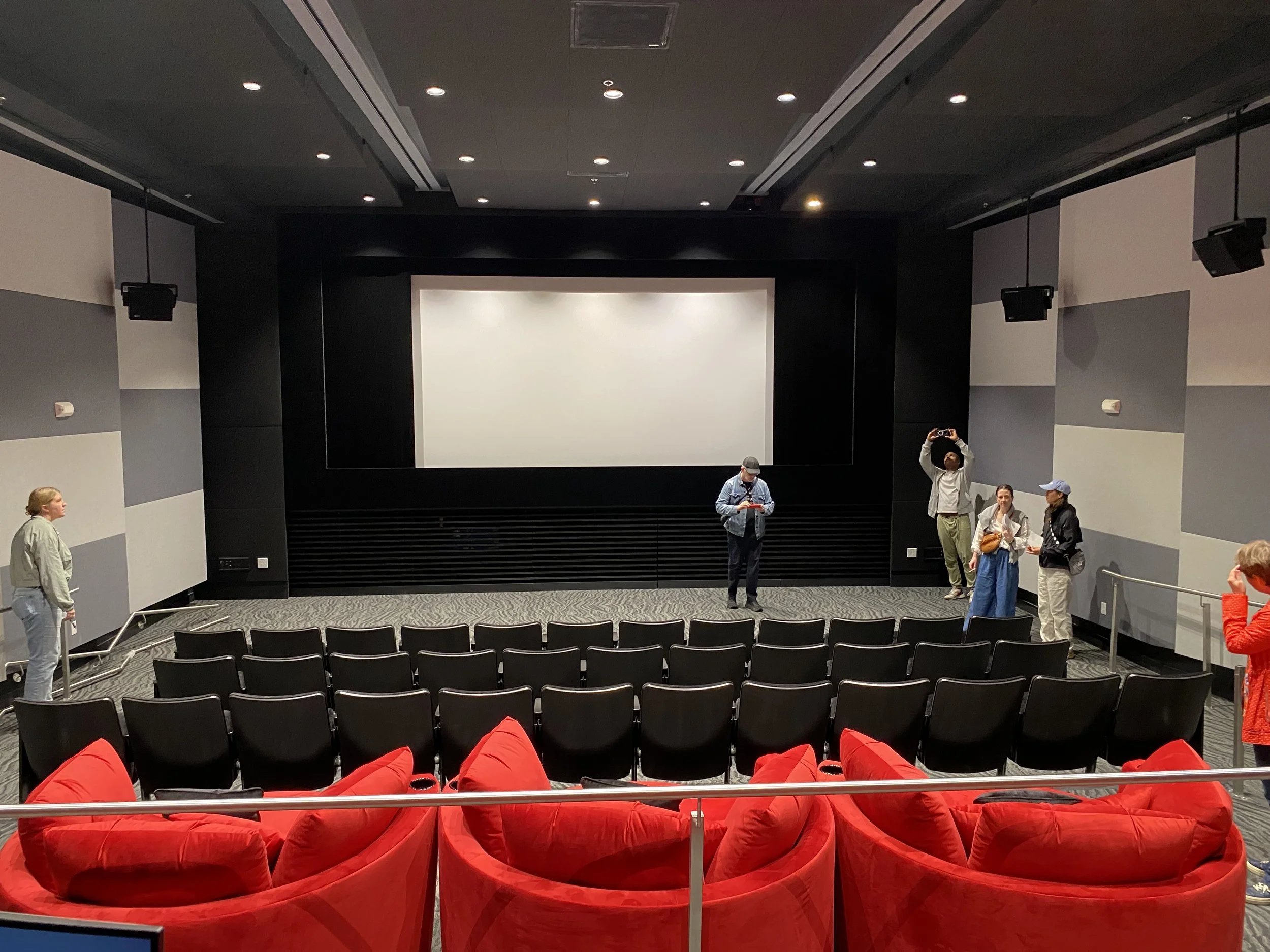

The Stress Test: Planning for the Unexpected
Scouting isn’t simply walking around and taking photos—it's a stress test for shoot day.
A thorough scout helps you identify potential challenges before they cost you time, money, or creative energy. You’ll be able to plan solutions in advance and avoid surprises that could derail your production schedule.
What to Look for During a Location Scout:
Natural light: Track the sun’s movement throughout the day
Practical lighting: Identify built-in light sources you can use or need to block
Camera angles: Find strong compositions and evaluate depth of field options
Obstacles: Power lines, reflective surfaces, foot traffic, or operation
Gear planning: Decide what lighting, grip, or rigging equipment to bring
Personally, location scouting allows me to determine everything from lens choice to lighting setups and camera placement—all while visualizing how to bring the shot list to life.
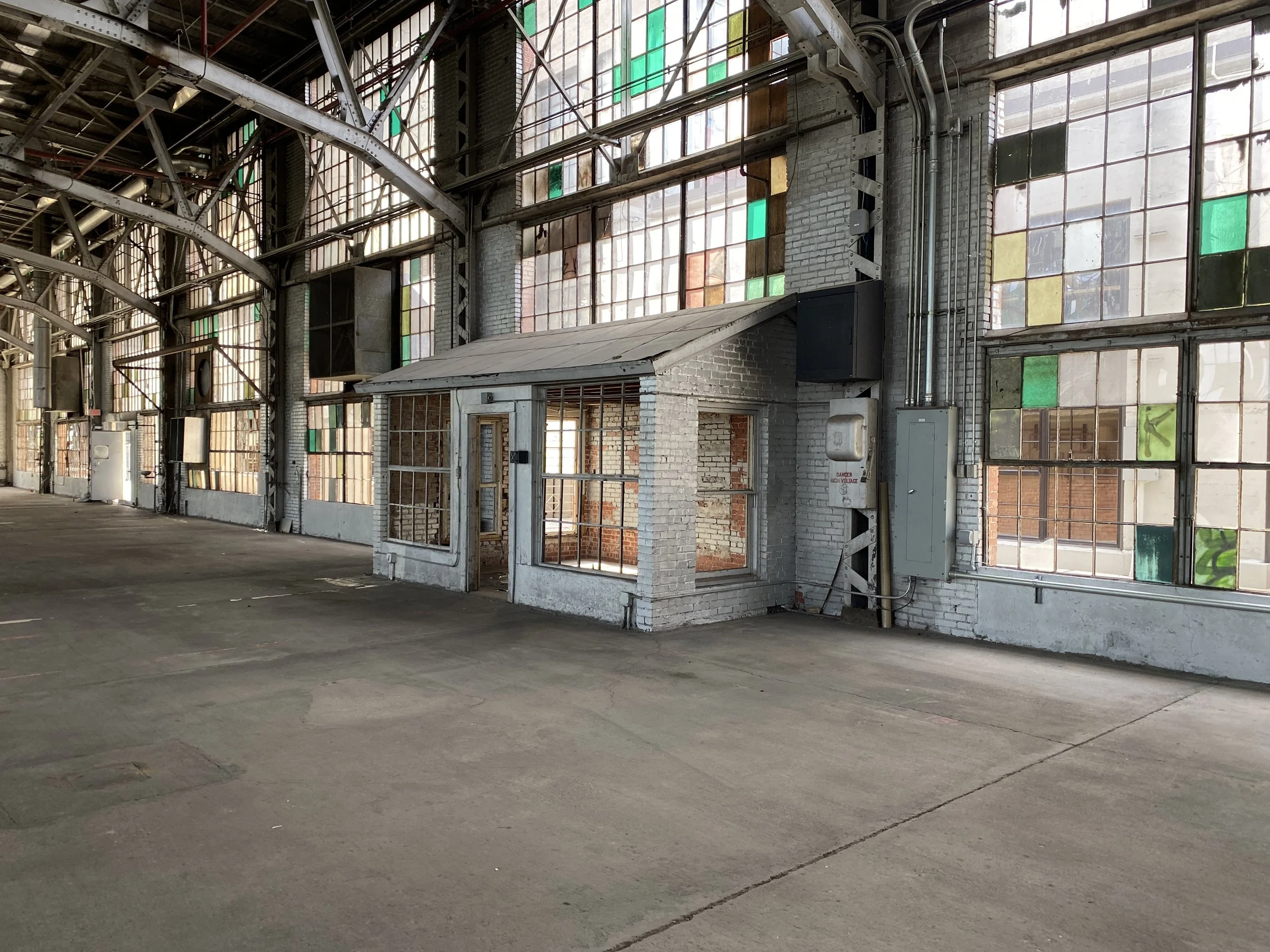
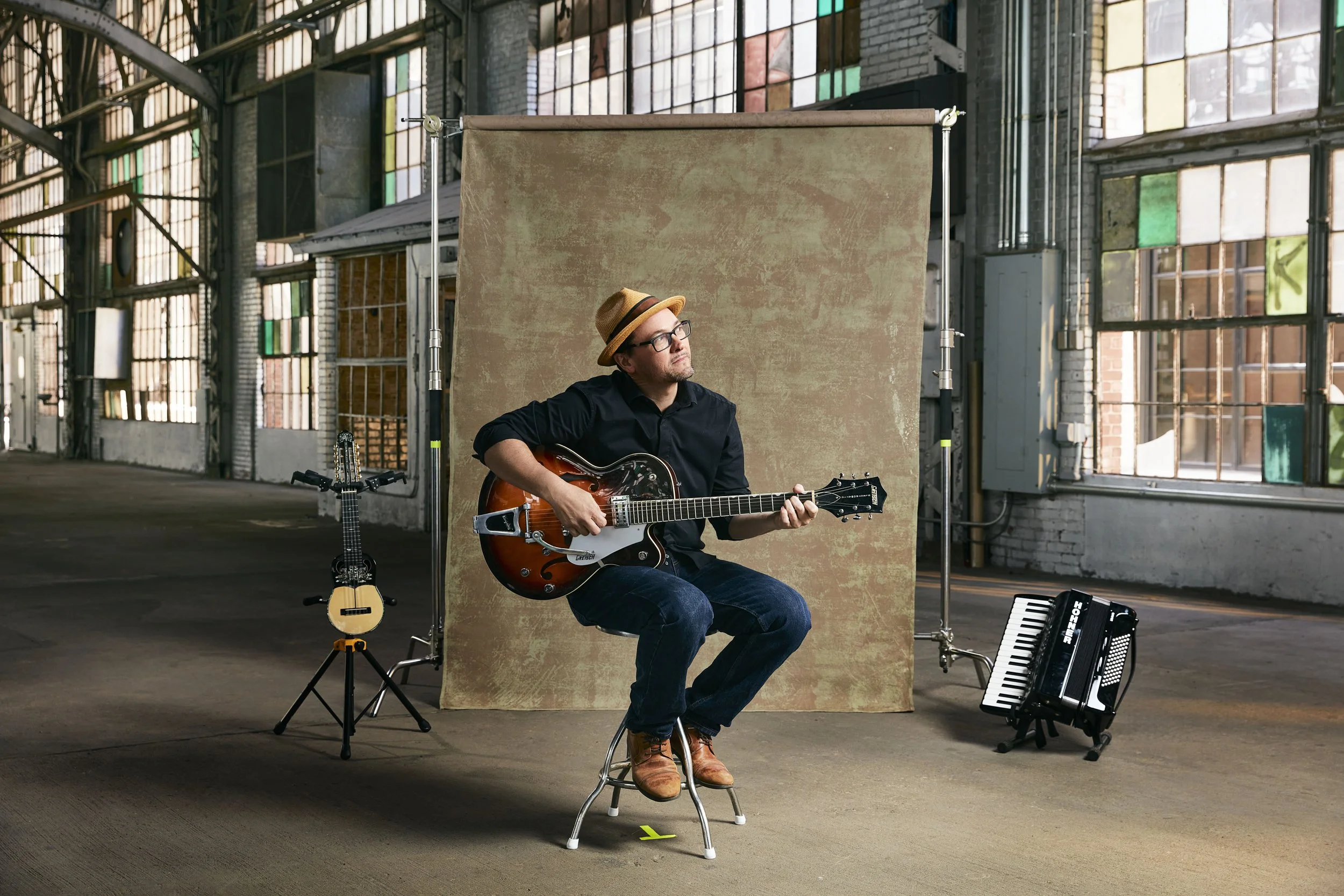
Bring the Team: Collaboration Starts on the Scout
Whenever possible, bring your crew—and your client—on the scout. This early alignment saves hours on shoot day.
Benefits of collaborative scouting:
Everyone is on the same page: No confusion about setup area, or equipment needs
Creative alignment: Art direction, client expectations, and technical needs are discussed early
Set blocking and angles: Plan out where cameras, lights, and talent will be placed
Tech scouting: Grip, electric, and DP teams can flag any logistical red flags early
During the scout, I’m constantly taking notes, measurements, and reference photos. You’ll never regret having too much information—but you will regret not having enough.
Final Thoughts: Location Scouting Is Pre-Production Gold
In commercial photography, preparation is everything—and location scouting is a cornerstone of that preparation. It sets the tone for the entire production, prevents costly mistakes, and helps you deliver your best work.
Whether you're shooting in a high-rise, warehouse, or desert plain, the more you know about your environment ahead of time, the more creative freedom you'll have on set.
Key Takeaways
Scout early, scout thoroughly—it's never a wasted trip
Use scouting to stress test your shoot: lighting, angles, gear, and logistics
Collaborate on-site with your team and client to maximize shoot-day efficiency
Bring back reference images and detailed notes to plan your production with confidence
Ready to Elevate Your Next Commercial Shoot?
If you're planning a commercial photography project and want to make the most of your location, I’d love to help. Reach out today to learn how my process can ensure your visuals are as strong and stress-free as possible.

